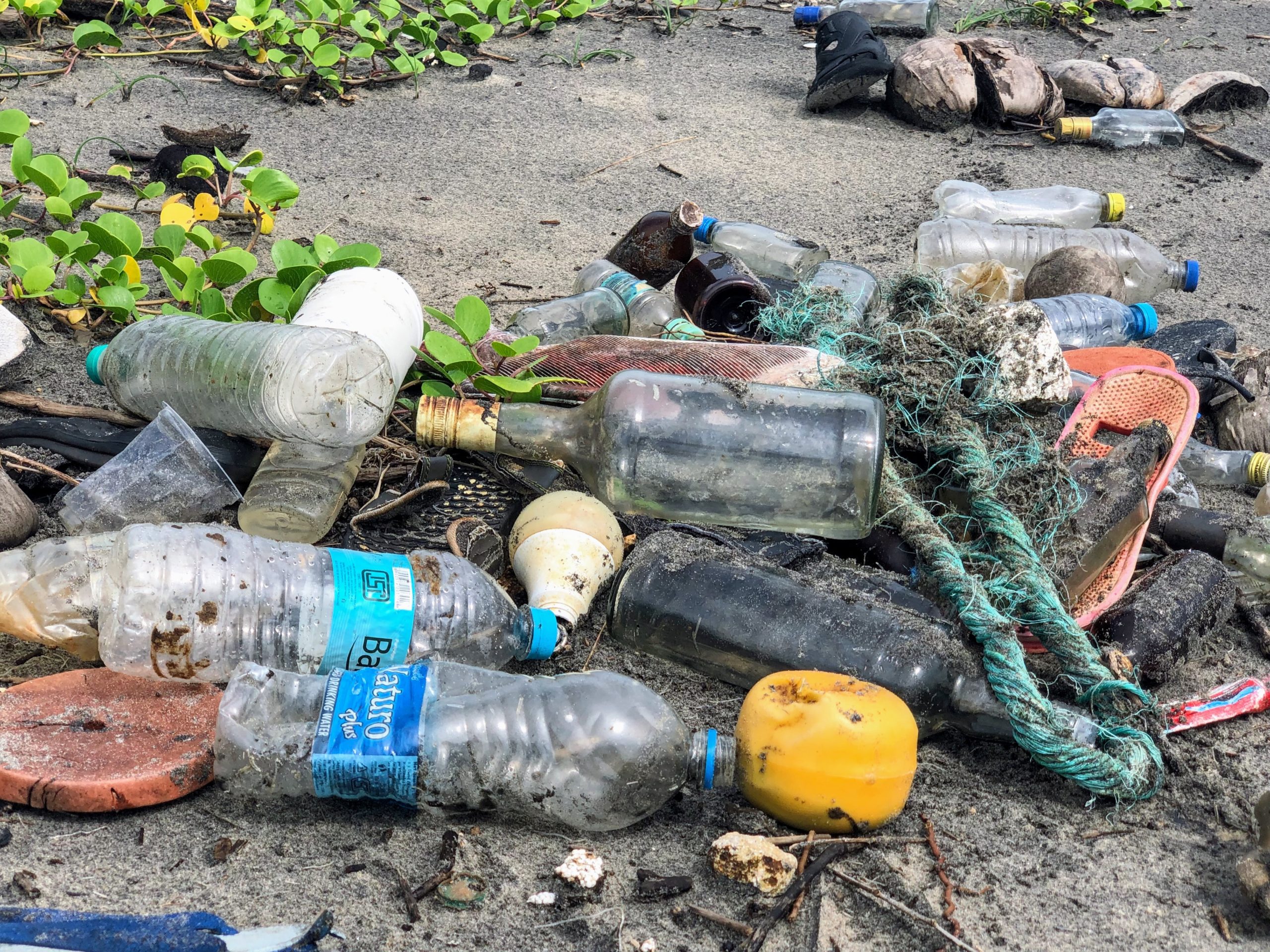The Growth of Corporate Social Responsibility
Corporate marketers have long latched onto wider societal trends in order to co-opt a little airtime for themselves. Such as the slew of companies that fly the rainbow pride flag for four weeks before promptly dropping it again.
This kind of cause-hopping has proved successful in the past, but it seems as though it may have had its day. Consumers, particularly younger ones, are increasingly aware of such tactics and are looking for brands to do more.
It’s no longer enough for a brand to raise a different flag for four weeks. Now they’re expected to put their money where their mouths are and do something to make a difference.
Besides Pride Month, the latest cause to attract its share of corporate lip-service is single-use plastic. While single-use plastic is merely symptomatic of a wider environmental crisis. It’s become a major focal point for campaigners, something which marketers like.
Alongside the aforementioned lip-service, there are some brands that are recognising the growing consumer trend toward a desire for greater Corporate Social Responsibility (CSR).
Waitrose

Waitrose have always built their brand on a platform of increased CSR relative to their competitors. On the grounds of things such as making their employees shareholders and paying wages that reflect liveable conditions.
Now though, they’ve turned their attention to the war on plastic. Since the airing of Blue Planet II at the end of 2017, Waitrose have witnessed an 800% increase in the number of questions they receive about their attitude towards plastic.
In addition to this, they’ve found that their customers were using social media platforms to engage with them about the issue.
Their response so far has been relatively modest, but actually should strike the informed as a stroke of marketing genius, while simultaneously holding the potential to enact real change.
Waitrose have begun to trial a bring-your-own-containers scheme at its Botley Road store in Oxford. This allows customers to fill their own containers with 160 different types of loose fruit and veg, pasta, rice, coffee and cereals, as well as beer and wine.
This form of shopping is not strictly new and has existed in the guise of ‘zero waste’ stores for a few years. These often fail to attract massive footfall.
If successful, this scheme operated by a chain as large as Waitrose has the potential to save thousands of tons of plastic every year.
In addition to this, Waitrose is removing the plastic wrap from flowers and indoor plants. As they are aiming to be black plastic-free by the end of this year. Black plastic has been particularly highlighted as its colour, or lack of, makes it impossible for the laser scanners used to sort domestic recycling to detect it.
The reason this scheme is so brilliant is because of the intensely focused marketing efforts behind it. Waitrose isn’t launching a six-month series of attention-grabbing T.V. ads to rub their moral authority in our faces; they’re simply going to be talking about it in their internal publications and in-store information.
While the efforts are set to grow, this small-scale approach indicates to customers that the company isn’t simply trying to climb onto a short-lived environmental high horse. They actually want to make a difference.
Coca-Cola & Others
Waitrose isn’t the only brand attempting to change something. Coca-Cola has launched a scheme which aims to see the equivalent of 100% of their packaging recycled by 2030.

This is part of the company’s wider ‘World Without Waste’ campaign. While inevitably it will receive a little more lip-service, could actually make a real difference.
Back in the world of supermarkets, Morrisons and Iceland are also pledging changes to the way they operate.
Morrisons is beginning to review its packing to see what changes can be made, after already rolling out paper reusable bags. Iceland is promising to eradicate all plastic from its own-brand products within five years.
Campaigns such as these will likely strike a chord with consumers, as the demand for CSR grows. All will no doubt do their respective companies some marketing favours, but will also make a real difference with regard to plastic waste.
The move away from traditional marketing lip-service for major issues can only be a positive. This is likely to result in brands becoming more responsible for the world around them, attracting greater consumer loyalty in the meantime.
To learn more about how a marketing campaign with a difference could help boost your brand. Get in touch with us today.